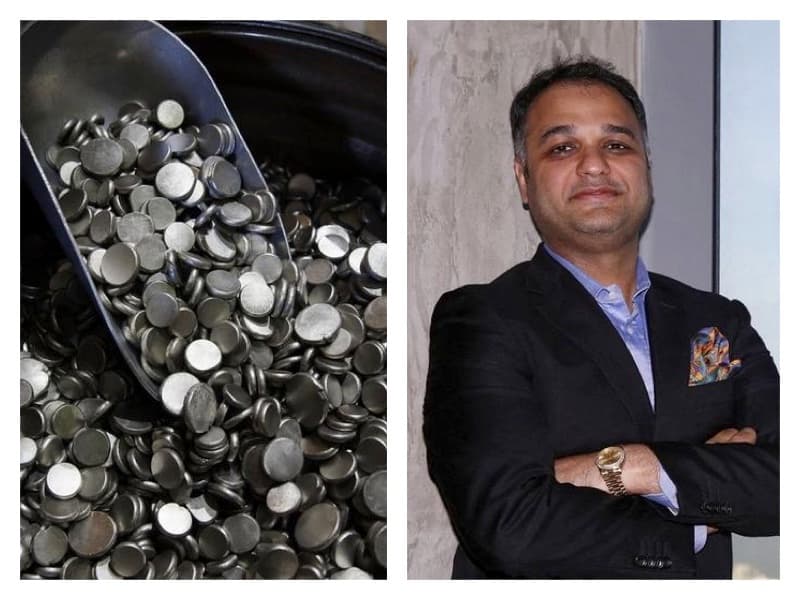Former Trafigura Nickel Trader Denies Role in $600 Million Fraud
In a London High Court hearing today, Sokratis Oikonomou, former head of nickel trading at Trafigura, denied allegations that he colluded in a $600 million scheme to substitute low grade metals for high quality nickel, a case that has exposed internal messages and complex financing arrangements. The outcome could reshape due diligence standards across commodity markets, affect trade finance practices and influence confidence in nickel supply chains vital to stainless steel and electric vehicle production.

Sokratis Oikonomou, who once led Trafigura’s nickel desk, is denying any knowledge of wrongdoing as a civil trial over an alleged $600 million fraud unfolds in the London High Court. The case, brought by Trafigura against Indian businessman Prateek Gupta and related firms, alleges that Gupta delivered steel or scrap to buyers while invoicing for pure nickel. Gupta has responded by accusing Trafigura staff of complicity.
Court proceedings on November 24 have focused attention on internal e mails and chat messages that the parties say illuminate how transactions were handled. The trial has also examined a complicated transit financing structure that underpins how physical metal moves were funded and insured. Trafigura previously acknowledged that it paid for material without adequate verification in some transactions, an admission that the company says reflects procedural failures rather than collusion by named staff.
Gupta’s assets remain frozen under court order, limiting his ability to trade or move capital while the litigation proceeds. The freeze increases the stakes for all parties and raises questions for banks and insurers that underwrite trade finance, many of which rely on speedy settlement and transparent ownership chains to manage risk.
The case matters to commodity markets because nickel is an industrial metal with a high degree of concentration in supply and a sensitive pricing mechanism. While the immediate effect on spot prices is likely to be limited because the dispute concerns specific shipments and counterparties, market participants say the episode will amplify existing concerns about counterparty risk and provenance. Traders and lenders are likely to demand stronger verification, more stringent inspection regimes and tighter contractual protections for future deals.
Beyond price mechanics, the litigation highlights structural vulnerabilities in the global physical commodities trade. Transit financing structures are designed to unlock capital by allowing goods to move while finance is arranged, but they can also complicate tracking and verification. Regulators and major trading houses have in recent years increased focus on supply chain transparency and anti fraud controls. This case is likely to accelerate that trend, prompting firms to invest in more rigorous custody tracking, third party inspections, and perhaps technology based provenance tools.
For the wider economy the dispute touches on supply chains for stainless steel and battery manufacturers that rely on assured quality of nickel feedstock. Any prolonged loss of confidence could raise transaction costs, increase insurance premia and push counterparties to prefer established suppliers, impacting smaller producers and intermediaries.
The High Court trial will continue to parse documentary evidence and witness testimony as it seeks to determine liability and damages. The judgment could set a precedent on how responsibility is allocated in transit financed commodity trades and influence how market participants and regulators approach verification and oversight going forward.

